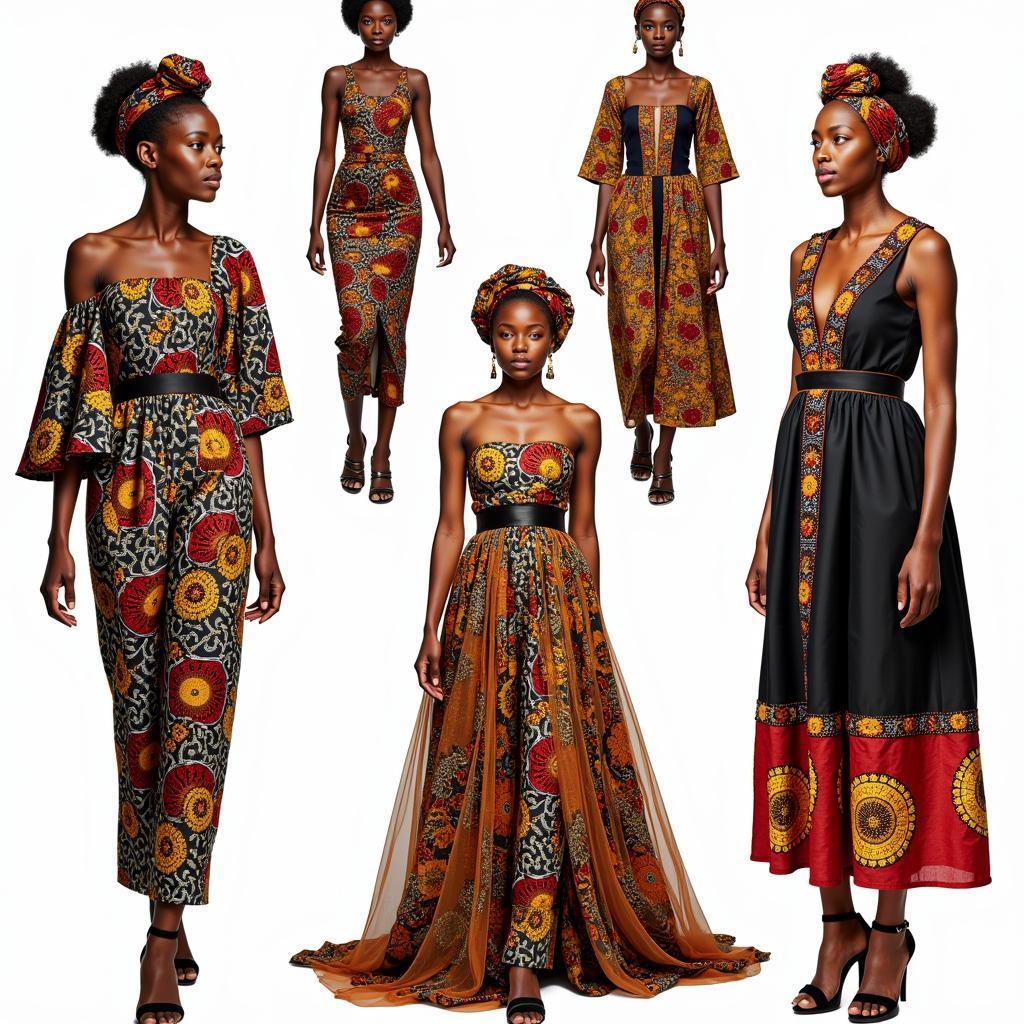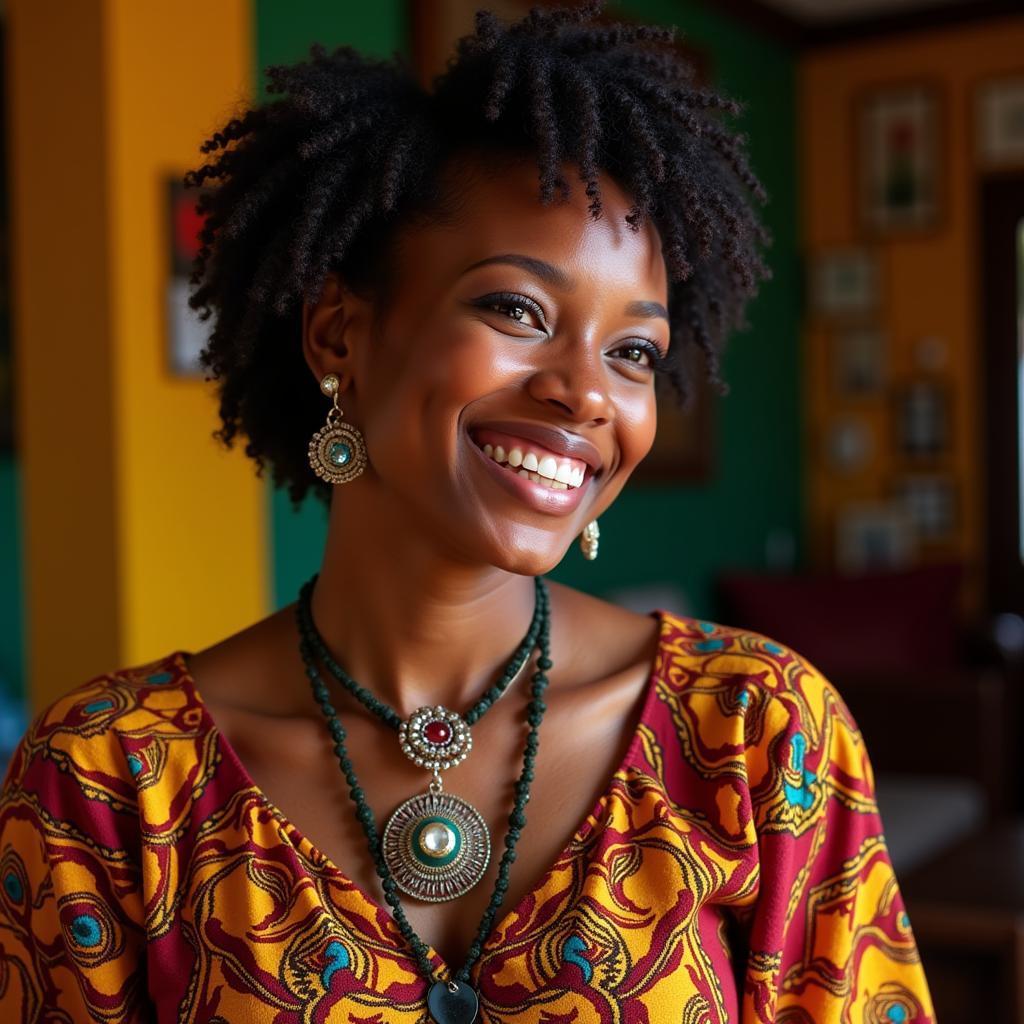Exploring Africa’s Rich Tapestry: A Journey Through 1700 African Tribes
Africa, a continent renowned for its diverse landscapes and rich wildlife, is also home to an astounding array of cultures. With an estimated 1700 African Tribes, each possessing unique traditions, languages, and beliefs, the continent is a melting pot of human experience. From the nomadic tribes of the Sahara Desert to the ancient kingdoms of West Africa, the tapestry of African culture is as vast as the continent itself.
Understanding the sheer number of African tribes can be daunting, but it’s crucial to remember that each tribe contributes to the continent’s cultural richness. Many tribes, like the Maasai of East Africa and the Himba of Namibia, are instantly recognizable for their distinctive attire and customs. Others, while less known, are no less significant in shaping the cultural landscape of their respective regions.
The Significance of Tribal Identity in Africa
For many Africans, tribal affiliation goes beyond mere ancestry. It’s a source of identity, community, and belonging. Tribal structures often dictate social norms, spiritual practices, and even economic activities.
For example, in some West African societies, lineage within a tribe can determine an individual’s role in leadership, craft specialization, or even marriage prospects. This deep-rooted connection to one’s tribe underscores the importance of understanding tribal dynamics when engaging with African cultures.
Navigating the Diversity: Language and Communication
The linguistic diversity of Africa mirrors its cultural richness. With over 2000 languages spoken across the continent, communication becomes a fascinating aspect of intercultural interaction. While colonial languages like English, French, and Portuguese are widely spoken, local languages remain vital for preserving cultural heritage and facilitating communication within communities.
The Enduring Legacy of African Tribes
Despite the challenges of modernization and globalization, African tribes continue to demonstrate remarkable resilience in preserving their traditions. Many tribes are actively engaged in cultural tourism, showcasing their dances, music, and crafts to the world. This not only provides economic opportunities but also fosters cross-cultural understanding and appreciation.
The story of Africa’s 1700 tribes is a testament to the enduring power of cultural heritage. It’s a story of diversity, resilience, and the beauty of human expression in its myriad forms. As we delve deeper into the heart of Africa, we uncover not just the stories of individual tribes, but also a narrative of shared humanity that resonates across continents.
FAQ
-
What is the largest tribe in Africa? Determining the largest tribe is complex due to varying definitions and data collection methods. However, the Yoruba tribe in West Africa, with a population exceeding 40 million, is often cited as one of the largest.
-
Are all African tribes nomadic? No, while some tribes, like the Maasai, are known for their nomadic pastoralist lifestyle, many others are sedentary, engaging in agriculture, trade, or other settled occupations.
-
How do African tribes preserve their languages? Oral traditions, storytelling, and intergenerational transmission play a vital role in language preservation. Additionally, many communities are actively documenting their languages and incorporating them into education systems.
-
How can I learn more about specific African tribes? Numerous resources are available, including books, documentaries, and reputable online platforms. Additionally, engaging in responsible cultural tourism can provide firsthand experiences and insights.
-
What are some challenges faced by African tribes today? Modernization, globalization, and factors like climate change pose challenges to traditional ways of life. Land rights, access to resources, and preservation of cultural heritage are ongoing concerns for many tribes.
Need Assistance?
For inquiries or assistance planning your African adventure, contact us at:
Phone Number: +255768904061
Email: kaka.mag@gmail.com
Address: Mbarali DC Mawindi, Kangaga, Tanzania
Our dedicated team is available 24/7 to assist you.


